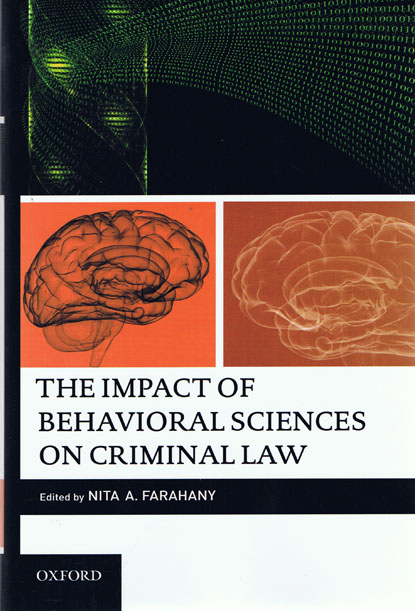
The Impact of Behavioral Sciences on Criminal Law is essential reading for anyone interested in the ongoing genomics and neuroscience revolution and its implications for criminal law. Building in part on a recent multi-disciplinary conference, this collection of essays offers a comprehensive discussion of the ramifications of behavioral sciences in criminal cases and brings together the leading behavioral geneticists, neuroscientists, philosophers, policymakers, and legal scholars to address the multi-faceted concerns at issue.
Together, the essays in this volume discuss the scientific progress and limitations in behavioral science research relating to criminal conduct, and the ethical concerns and practical implications of introducing behavioral science evidence into criminal cases. Included is a detailed discussion of criminal cases in which biological and neurological predisposition testimony has been introduced, the implications for criminal responsibility and punishment, the consequences for DNA databank research, new directions in predictions of future dangerousness, and the concerns for ethnic and racial minorities arising from this research.